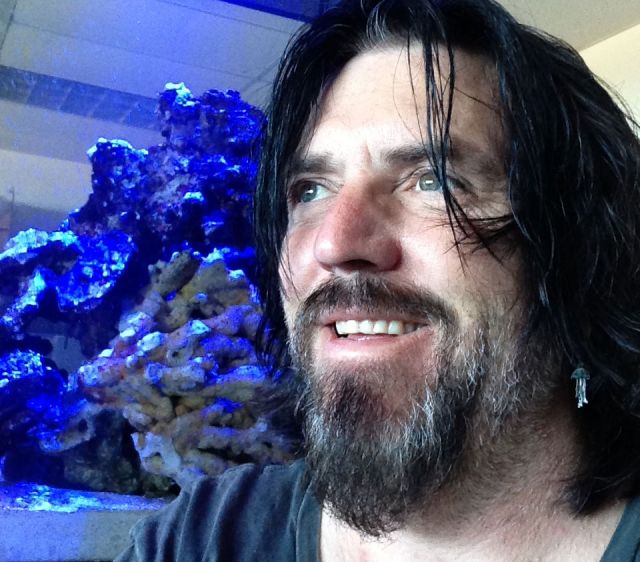Decouplings & Energetics on Coral Reefs

Speaker
Forest Rohwer
San Diego State University
Abstract
The decline of coral reefs is strongly associated with microbialization, where overfishing of large predators leads to trophic shifts favoring bacteria. This shift also leads to increase coral disease incidences. I will argue that the connection between these two phenomena are phage, which contribute to pathogenesis by transferring virulence factors and creating oppurtunistic pathogens.
Biography
Forest Rohwer is a Fellow of the American Academy for Advancement of Science (AAAS), American Academy of Microbiology (AAM) and Canadian Institute for Advanced Research (CIFAR). He led the development of viromics, which involves isolating and sequencing the RNA/DNA from all of the viruses in a sample. From this data, it is possible determine what types of viruses are present and what functions they are encoding. Dr. Rohwer uses viromics to study ecosystems ranging from the human body to coral reefs and has shown that most genomic diversity on the planet is viral. Dr. Rohwer has published >200 peer-reviewed articles, was awarded the International Society of Microbial Ecology Young Investigators Award in 2008, and was listed as one of the World's Most Influential Scientific Minds in 2014. He has also published two books: Coral Reefs in the Microbial Seas and Life in Our Phage World.